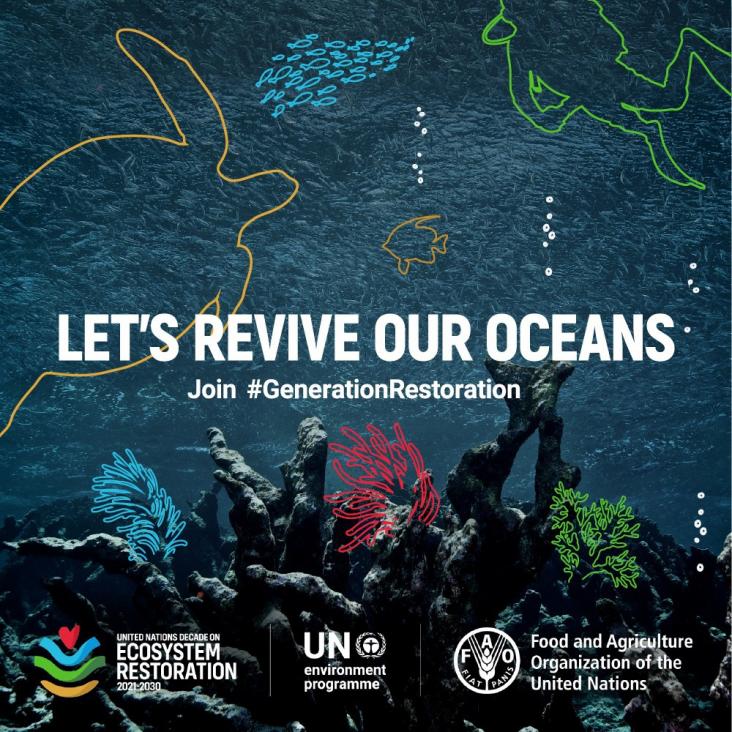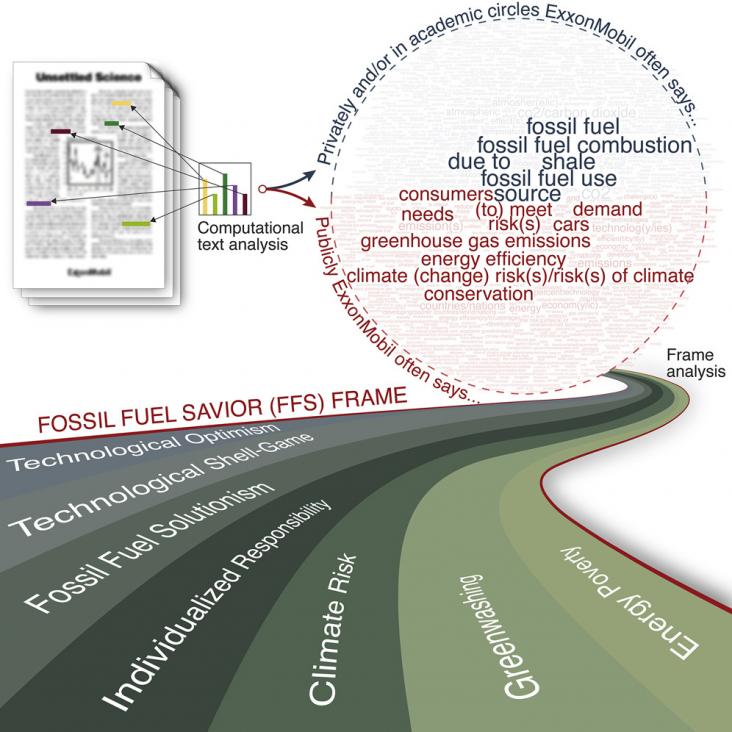Environmental Resilience and Transformation in Times of COVID-19, Climate Change Effects on Environmental Functionality, 2021, Pages 273-288
The Impacts of Climate Change, A Comprehensive Study of Physical, Biophysical, Social, and Political Issues, 2021, Pages 537-545
The Impacts of Climate Change, A Comprehensive Study of Physical, Biophysical, Social, and Political Issues, 2021, Pages 3-17
The Impacts of Climate Change, A Comprehensive Study of Physical, Biophysical, Social, and Political Issues, 2021, Pages 19-50
The Impacts of Climate Change, A Comprehensive Study of Physical, Biophysical, Social, and Political Issues, 2021, Pages 521-535
The Impacts of Climate Change, A Comprehensive Study of Physical, Biophysical, Social, and Political Issues, 2021, Pages 537-545


